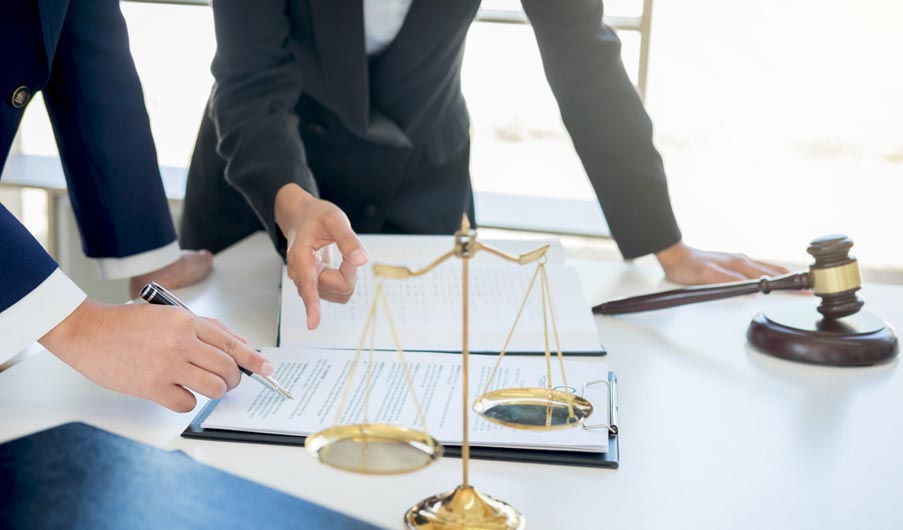
Overview
April 16, 2021Plaintiff sued defendant carmaker under, inter alia, California’s False Advertising Law and California’s Unfair Competition Law. Plaintiff moved for class certification under Fed. R. Civ. P. 23. The court denied plaintiff’s motion. Because plaintiff did not see any actionable advertisements prior to purchasing his vehicle, he lacked standing to bring claims on behalf of himself and the putative class. There was no duty to disclose additional facts regarding a car’s fuel economy even when a manufacturer chose to speak. A pure omission regarding fuel economy was not actionable. Parties’ litigation attorneys Los Angeles appeal.
Outcome
Plaintiff’s motion for class certification was denied.
Overview
HOLDINGS: [1]-Remastering of pre-1972 sound recordings was entitled to federal copyright protection because the original recording companies did not introduce sufficient evidence to create a genuine dispute of material fact that a broadcaster publicly performed 126 of the companies’ works; [2]-The recordings had sufficient changes during remastering to qualify for federal copyright protection under 17 U.S.C.S. § 114 because the changes reflected multiple kinds of creative authorship; [3]-The companies’ music technology expert’s testimony was partly excluded under Fed. R. Evid. 702 because his “critical listening” to five-second portions of two recordings was inadequate to rule out the possibility that non-trivial differences existed between the original and remastered versions; [4]-The companies’ “making available” argument relied on a dubious interpretation of federal copyright law.
Outcome
The broadcaster was entitled to summary judgment, and awarded judgment in its favor. Any objections to evidence which had not been relied on by the Court, were overruled as moot.












